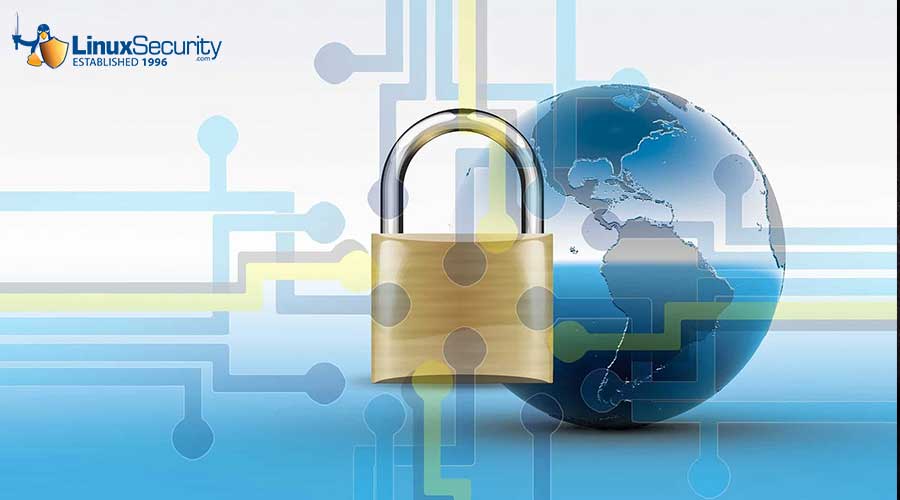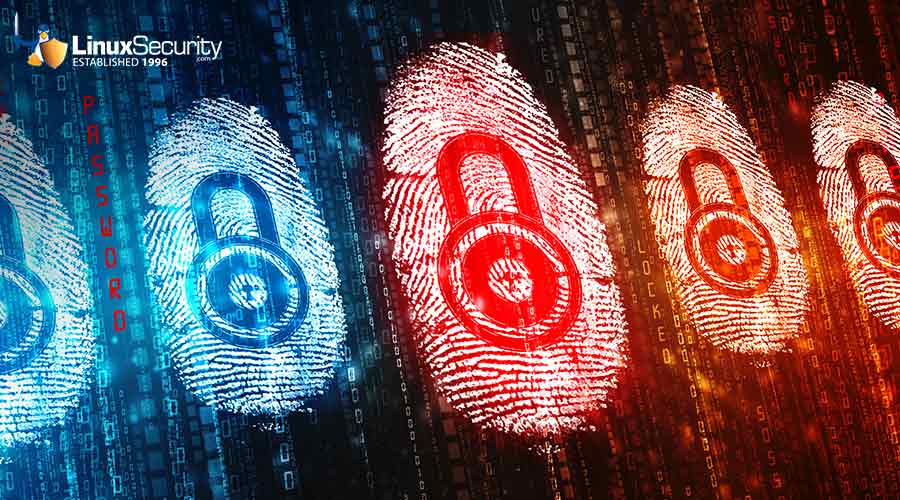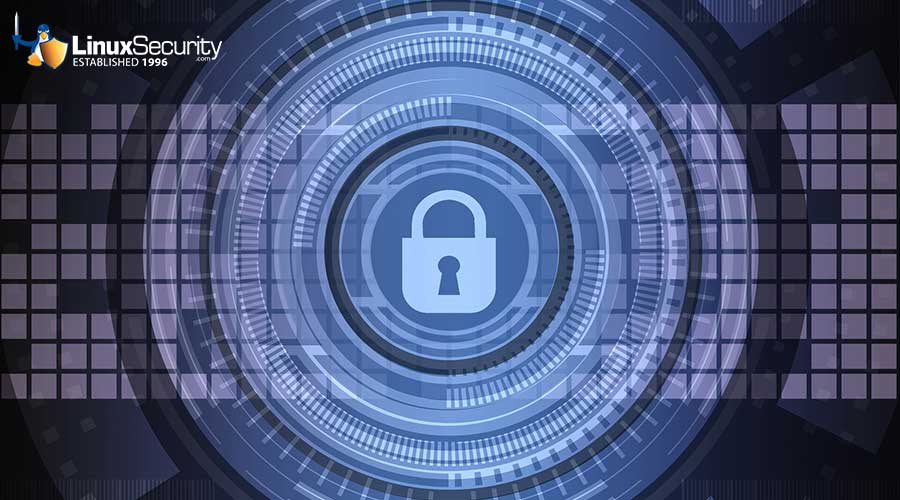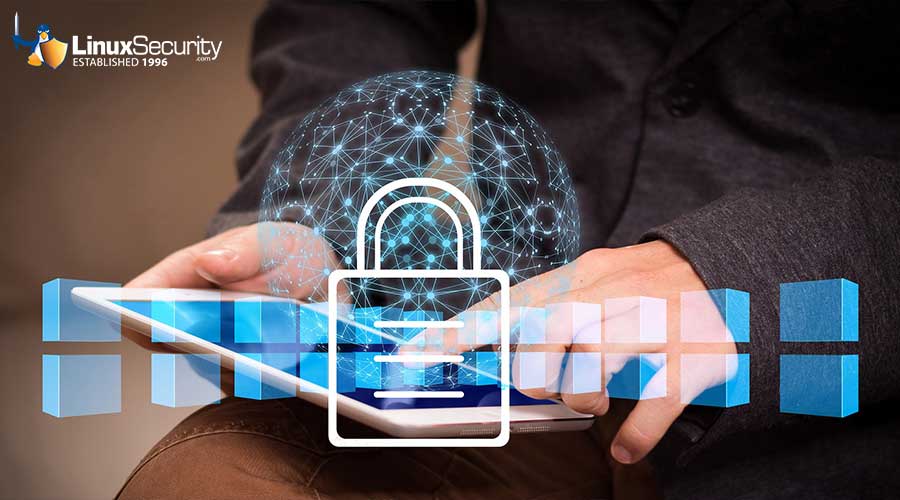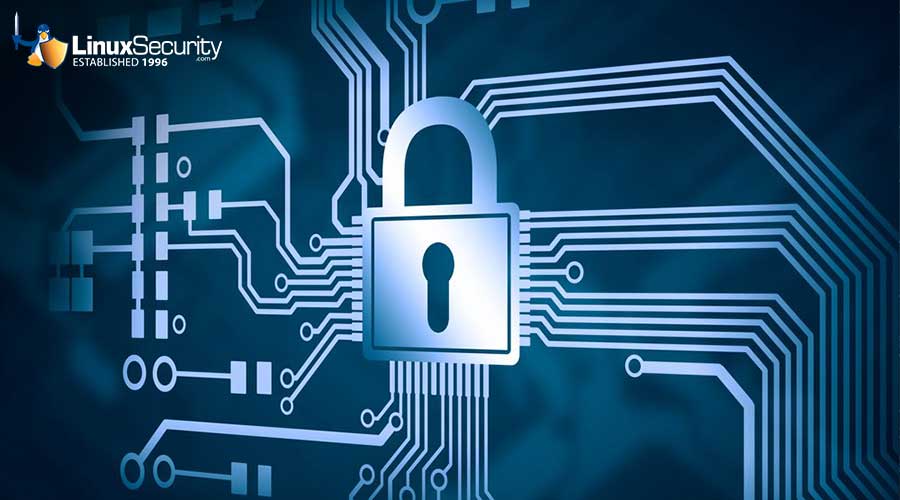Invisibly Protecting your Digital Assets with Public Key Infrastructure
Public Key Infrastructure (PKI) can handle these requirements and more. You may already be using PKI without knowing it if you have relied on certificates or "certs" to identify a web server or to confirm the identity of external websites. It is a critical technology for the Internet and is used in applications as diverse as e-commerce and VPNs. Let's explore the world of PKI cryptography to learn about keys, signatures, and certificates, and to see how PKI can benefit you and protect your company's valuable digital assets.
You don't need to be an expert in encryption to deploy PKI in your operation, but there are a few key concepts and components to understand. PKI is a powerful technology that employs cryptography to provide two important capabilities, privacy and authentication. The cryptographic procedures, or algorithms, use two keys to encrypt information. This is called asymmetric cryptography. Compared with conventional (symmetric) cryptography, which uses only one key, it is easier to distribute keys, making PKI much simpler and more practical to deploy.
The link for this article located at LinuxPlanet is no longer available.


